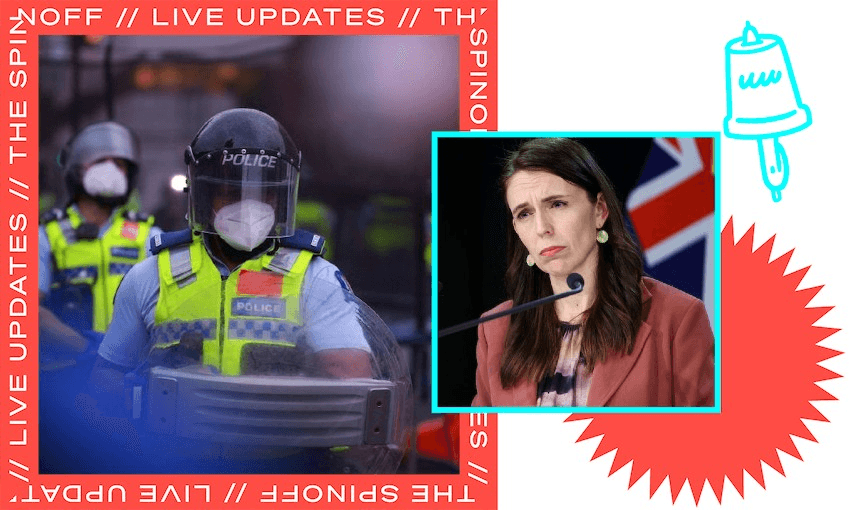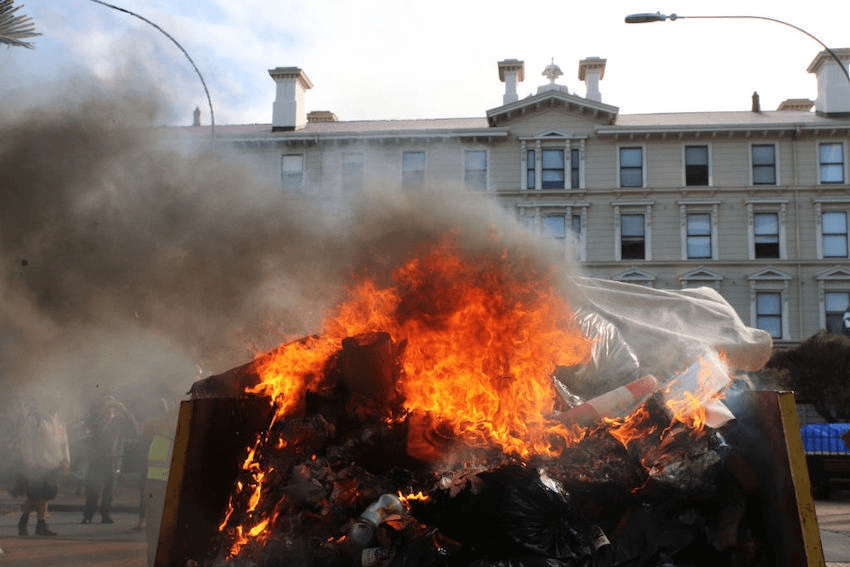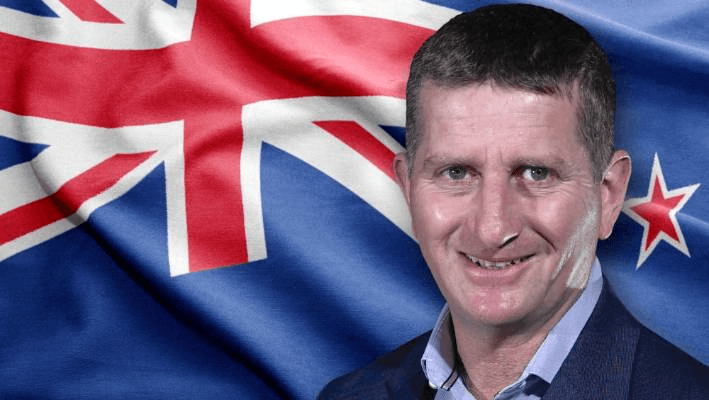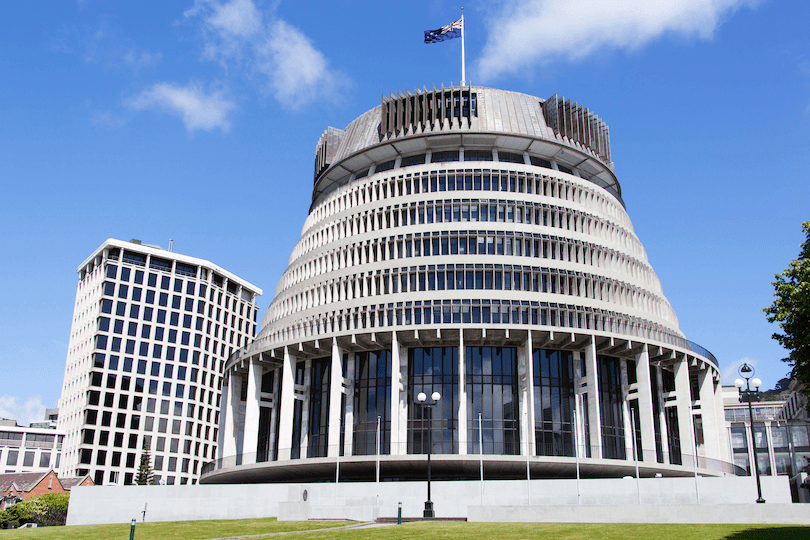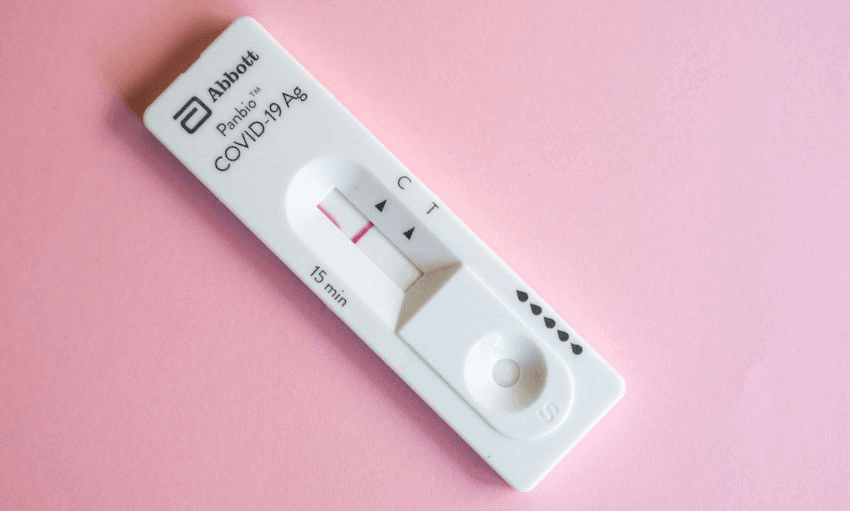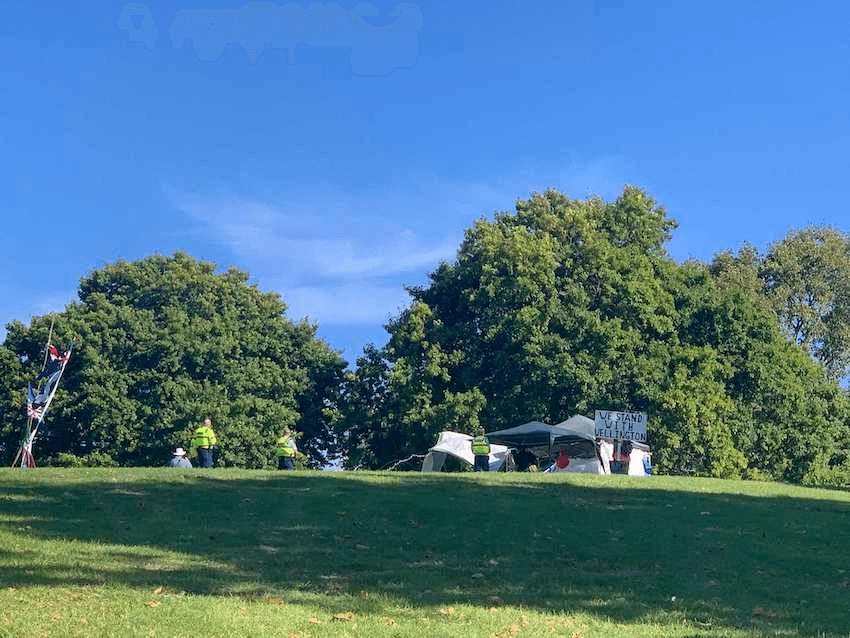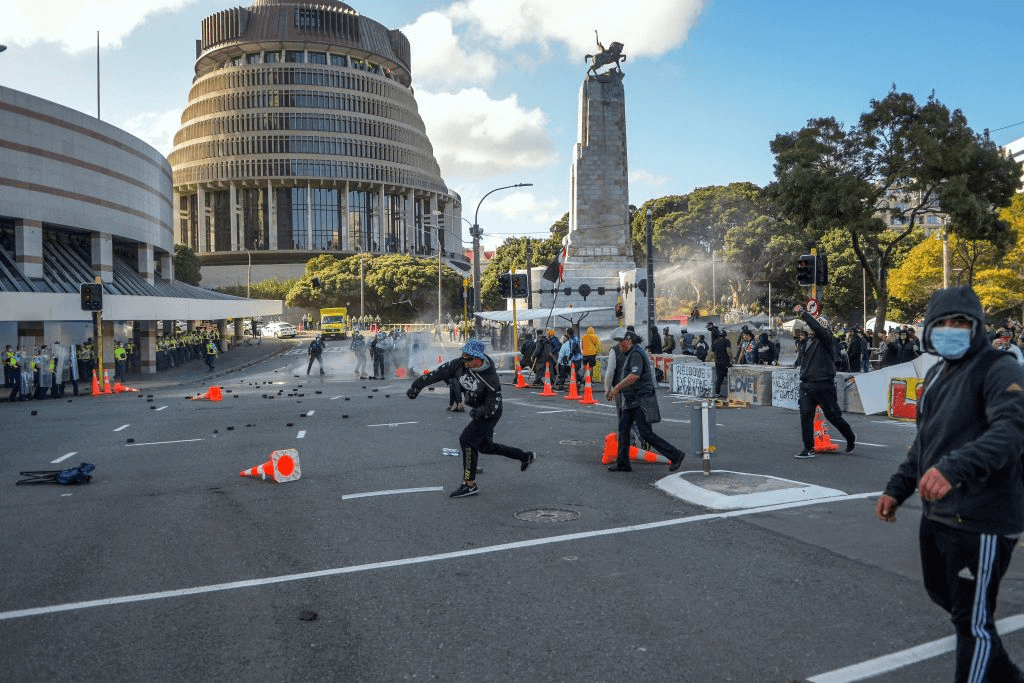The number of Covid-related hospitalisations has risen to 503, with seven people now in intensive care.
There were 23,183 new community cases today, bumping the number of active Covid cases up to more than 146,000. About 85% of today’s new cases were confirmed via rapid antigen tests and self-reported to the Ministry of Health.
A person who had tested positive for Covid-19 while in a Bay of Plenty rest home has died of an unrelated medical condition while receiving palliative care.
Speaking at the ministry, director general of health Ashley Bloomfield said that from February 21-27, about 1% of New Zealand’s population were active cases. 54% of today’s new cases are under 30, with just 14% over 50.
The opposite pattern is seen with those in hospital, said Bloomfield. Of the 345 people in hospital in the northern region, 21% are under 30, while around 60% are over 50. The hospitalisation rate is 3.5 per 1,000 active cases, said Bloomfield, but hospitalisations lag by about a week to 10 days behind case numbers. “We’re expecting both the numbers and the rate to increase over the next couple of weeks,” he added.
In Auckland, about one in 10 people in hospital had Covid, including in the emergency department.
The hospitalisation rate for people who have had a booster is about a fifth of those who haven’t. About 28% of eligible people still haven’t had their booster.
Bloomfield said the peak of the outbreak was expected over the next week or two, but the lag in hospitalisations would see those peak toward the end of March.
An announcement on rolling out the booster dose for those under 18 was expected in the next week or two, said Bloomfield. “I’ve had advice that the balance of risk and benefits is there for 16 and 17-year-olds, but they don’t think there is sufficient evidence at this point to routinely offer a booster to 12 to 15-year-olds unless they are immunocompromised,” he said. “We’re turning that into advice for ministers then working out the operational follow-up of how to put that into action.”
He said this advice was “quite consistent with what other countries are doing”.
